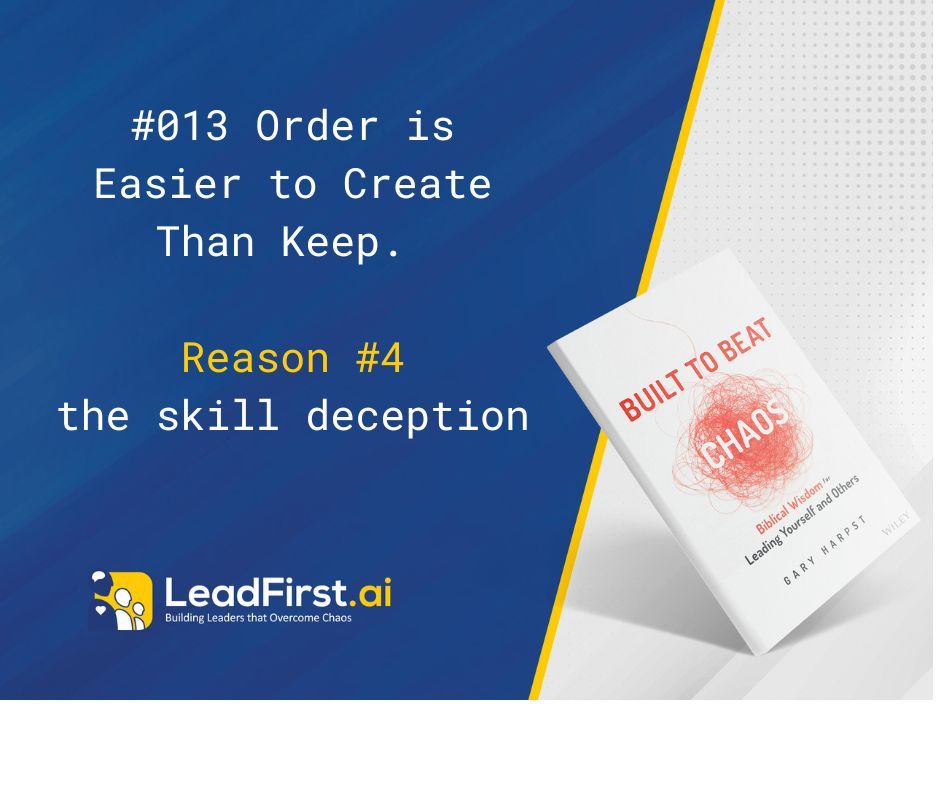#013 Order is Easier to Create Than Keep – the Skill Deception
As organizations grow, the requirements for a job can outgrow the skills of the person in the job. Like any deception, these changes occur in nonobvious ways. Organization complexity grows much faster than headcount. We can see the headcount; we don’t always see the complexity that comes with it.
Let’s illustrate. On average, effective leaders can manage about seven to ten people. (This varies depending on the type of work, but for this discussion, let’s use ten.)
At about ten people, a start‐up organization adds its first leader of a department. A second layer begins. An organization of one hundred people will have about ten to twelve group leaders. At one thousand people, there are going to be about one hundred group leaders, which means three to four layers in the organization.
Because the organization is changing, the skills required to manage it also change. Five roles have to be filled in all organizations. In a start‐up, these roles are not formally defined and are fulfilled by a few people handling multiple roles. The five roles are different categories of leadership—self, functional, process, change, and strategy. Roles are not the same as a job title. Most people serve in multiple roles. And each of these roles has different skill requirements.
Principle
Growth subtly changes the skill requirements of organization leaders faster than is realized. Organization skill development has to occur faster than growth demands. If that doesn’t occur the organization outgrows its own ability to execute and chaos ensues until organization development catches up.

Subscribe to the LeadFirst Briefing
Conquer Chaos in Your Business
- Order copies of Built to Beat Chaos for your team
- Lead your team through the Discussion Guide
- Set a vision for your business with the LeadFirst Purpose Workshop.





